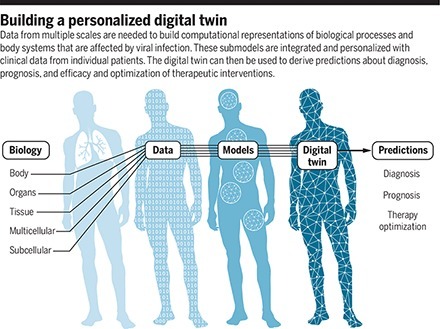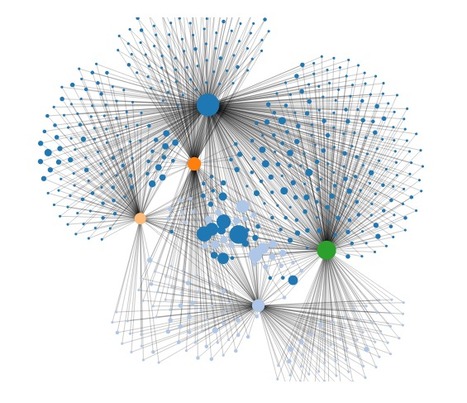A model has been developed by researchers at Indian Institute of Technology ,Kharagpur predicting alteration in metabolic reaction rates of lung cells post SARS-CoV-2 infection.
"We have used the gene expression of normal human bronchial cells infected with SARS-CoV-2 along with the macromolecular make-up of the virus to create this integrated genome-scale metabolic model. The growth rate predicted by the model showed a very high agreement with experimentally and clinically reported effects of SARS-CoV-2," said Dr Amit Ghosh, Assistant Professor, School of Energy Science and Engineering, IIT Kharagpur who coauthored the paper
The research would lead to a better understanding of metabolic reprogramming and aid the development of better therapeutics to deal with viral pandemics,
Summary:
Metabolic flux analysis in disease biology is opening up new avenues for therapeutic interventions. Numerous diseases lead to disturbance in the metabolic homeostasis and it is becoming increasingly important to be able to quantify the difference in interaction under normal and diseased condition.
While genome-scale metabolic models have been used to study those differences, there are limited methods to probe into the differences in flux between these two conditions. Our method of conducting a differential flux analysis can be leveraged to find which reactions are altered between the diseased and normal state.
We applied this to study the altered reactions in the case of SARS-CoV-2 infection. We further corroborated our results with other multi-omics studies and found significant agreement.
read the paper at https://journals.plos.org/ploscompbiol/article?id=10.1371/journal.pcbi.1008860



 Your new post is loading...
Your new post is loading...












